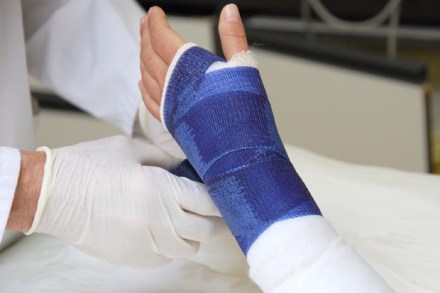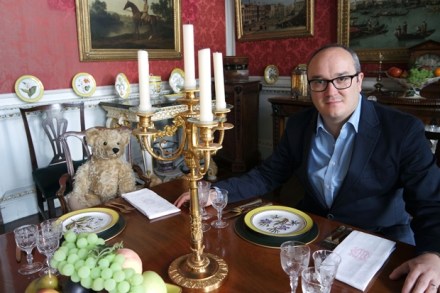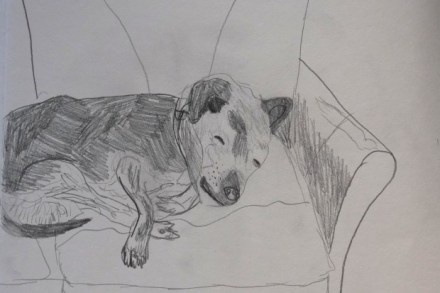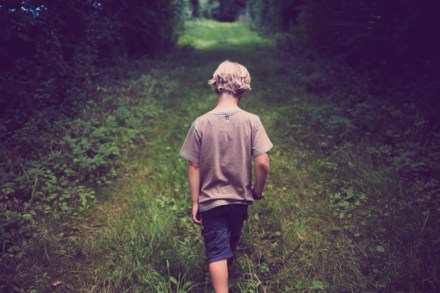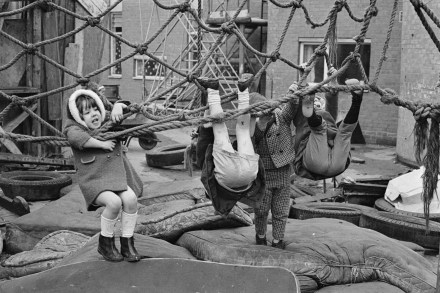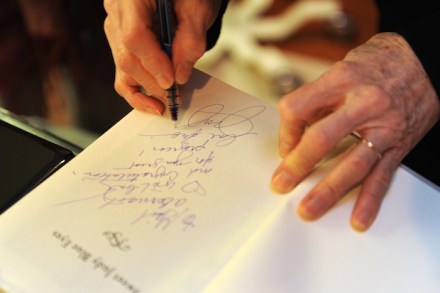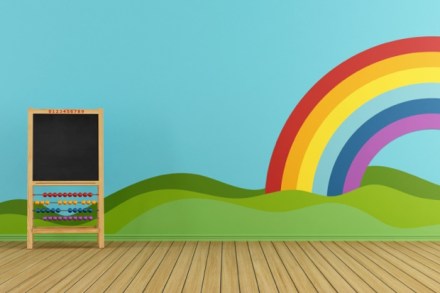Two gone girls
The plot of Hideo Yokoyama’s Six Four begins in 1989, with the murder of Shoko, a seven-year-old girl. Fourteen years later the perpetrator has yet to be apprehended, and the case is viewed as Tokyo’s police force’s most damning failure. The commissioner of police plans to visit the home of Shoko’s father to pay his condolences, and to insist that the murderer will be brought to justice. It’s an empty promise. The job of persuading the still grief-stricken father to allow the commissioner into his home lands on the desk of Yoshinobu Mikami, the force’s head of media relations. During this task Mikami comes across an anomaly in the old



